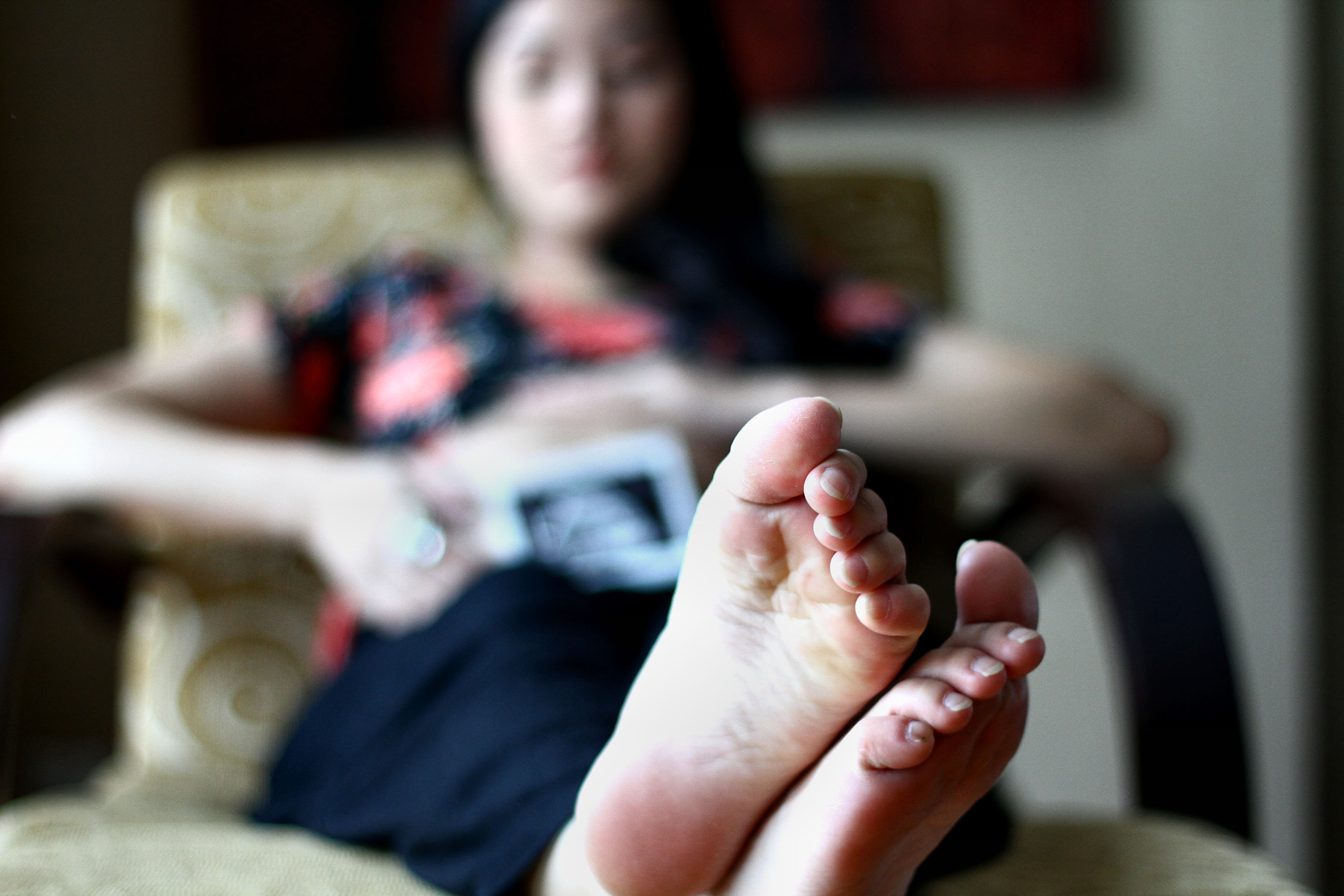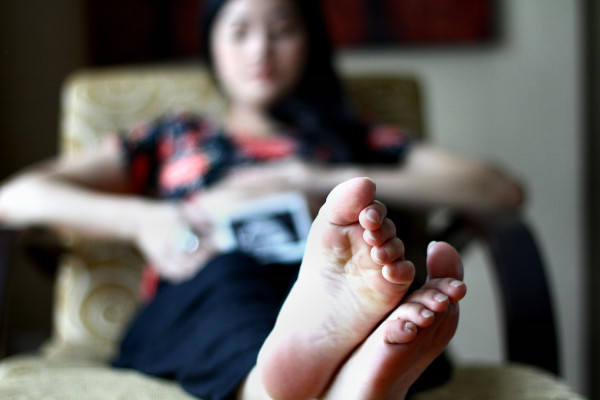I am surprised that the Chinese traditional practice “Zuo yuezi” (坐月子), sitting the month, referring to a specific diet and lifestyle of women after childbirth for one month, is considered a news story by a mainstream media. The Los Angeles Times recently profiled this thousand-year-old practice, citing a new Chinese American mom’s practicing “zuo yuezi.”
Back in 2004, The Los Angeles Times covered the changing ways that new Chinese moms in China were honoring this tradition. Although many cultures have their own postpartum traditions, the tradition of “zuo yuezi” is so prevalent that businesses providing “yuezi” services have popped up for something that was traditionally kept within the home.
According to believers, the month-long regimen helps women recover from childbirth, produce more breast milk and recalibrate their bodies. In addition to the special diet, new mothers are supposed to rest in bed and avoid contact with water — that is, no shampooing or showering for 30 days.
The normal diet in this tradition is to stay at home and stay away from water, no drinking or showering for one month. The new mother is treated like a princess at home by her family. She is not allowed to do any chore or housework, but relaxing and nursing her baby. The theory behind is that food is divided into “cold” and “warm” as in Yin and Yang. Movement after childbirth could create lifelong muscle pain for the woman.
Follicles expand during childbirth, leaving the body vulnerable to cold. The prohibition against cold goes beyond diet. In the month after giving birth, women should not wash their hair or go outdoors. Hard-core yuezi observers stick to sponge baths.
To research about this practice, I asked a friend who gave birth to a child a year ago, and practiced “zuo yuezi” after. She said the process was surprisingly painful. The new mother could be made depressed by this “yuezi” thing, and many women do it simply because their moms or mother-in-laws require them to.
“The baby often woke up at night and cried all the time. I don’t know what to do. I can’t take shower, wash my hair, drink water or go out. It was quite depressing,” she said.
What she was allowed to drink during that month was wine, date water and pig feet ginger soup, which were all considered to be “warm” food to fight away the coldness inside her body.
Since it sounds like imprisonment more than childcare, why do they still maintain this tradition?
My friend said she had no choice under the absolute authority of her mom and mother-in-law who were with her the whole time. Her husband basically supported her practice, because all they want is the health of the baby, who, in their theory, eats everything the mother eats from her breast milk.
“I counted down everyday to the day I could take shower,” my friend said.









